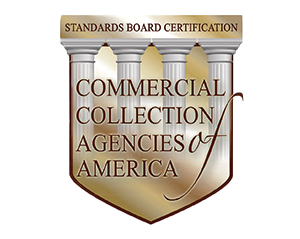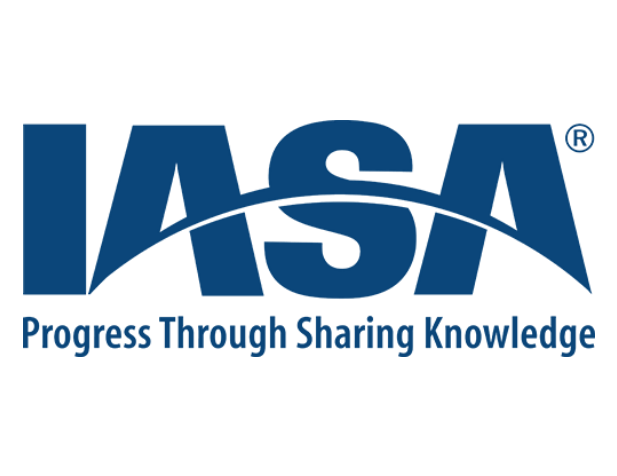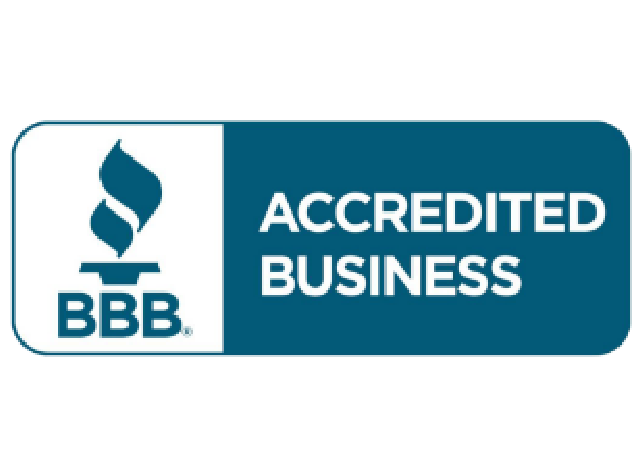Home / News & Insights / June 24, 2025 / ...
Why Security Matters in Commercial Collections
Beyond Recovery Rates: Why Data Protection Should Guide Your Collections Agency Decision
When choosing a commercial collection agency, many businesses focus on recovery rates, industry experience, and client service. But in today’s digital-first, risk-sensitive environment, there’s another non-negotiable consideration: secure debt collection services.
Collection agencies manage some of your most sensitive information—financial records, account histories, and personal data. That makes your partner’s cybersecurity posture just as critical as their ability to collect.
No matter the size of your business, you need to be proactive about cyber protections. The rise in data breaches—and the eye-watering costs associated with them—demands it.
According to Thomson Reuters, the average cost of a data breach in 2024 soared to $4.88 million—a 10% increase from the previous year. The debt collection industry has not been immune to this trend and faces growing risks from cybersecurity threats.
What to Look for in a Secure Commercial Collections Agency:
1. Proven Security Certifications
Top-tier collection agencies will hold certifications that validate their secure debt collection services.
Look for:
- SOC 2 Type II Certification – This demonstrates a company has strong controls in place around security, availability, processing integrity, confidentiality, and privacy.
- ISO 27001 Certification – Indicates a globally recognized approach to managing information security risks.
- PCI DSS Compliance – Important if your collections partner processes payments or stores card payment information.
These are more than checkboxes—they reflect a culture of compliance, accountability, and investment in long-term protection.
2. Penetration Testing & Vulnerability Management
A security-conscious agency should regularly test its systems through third-party penetration testing, simulating cyberattacks to identify vulnerabilities. Ask if they:
- Conduct annual or quarterly pen tests
- Perform real-time monitoring for system anomalies
- Have a vulnerability management plan to patch systems quickly
If the agency can’t confidently answer those questions, consider it a red flag.
3. Encryption & Data Access Controls
Ensure the agency uses end-to-end encryption for all data—both in transit and at rest. Also ask about their internal access controls:
- Is multi-factor authentication (MFA) required?
- Are sensitive accounts and files restricted to essential personnel?
- Do they have documented protocols for data access, backup, and destruction?
Failing to safeguard access and encryption exposes your organization to regulatory and reputational risk.
4. Transparent Incident Response Planning
Even the best systems can be compromised. What matters most is how quickly and effectively an agency responds. Ask to see their incident response plan, or have them explain their process. It should include:
- A 24/7 response team
- Immediate client notification protocols
- Procedures for forensic analysis and containment
Agencies without a clear, documented approach aren’t prepared to protect your interests.
5. Employee Training & Screening
People are often the weakest link in cybersecurity. A trustworthy agency will:
- Provide ongoing cybersecurity training
- Enforce clean desk policies and secure remote access
- Conduct criminal background checks on all recovery and support personnel
You want a partner who treats human risk with the same seriousness as technical defenses.
Choosing a Secure Partner: Brennan & Clark’s Commitment
At Brennan & Clark, we’ve built our collections platform on a foundation of secure debt collection services. We focus on protecting your data while we recover your balances. This includes SOC 2 Type II certification, third-party penetration testing, and real-time threat detection.
Because in commercial collections, how we collect is just as important as what we collect.
When choosing a collection agency, don’t just ask about their recovery strategy. Ask about their firewalls, their certifications, and their incident response time. In an age where data security in collections can impact your reputation as much as your revenue, you need a partner you can trust.
They’re not just handling debt—they’re handling your reputation.









